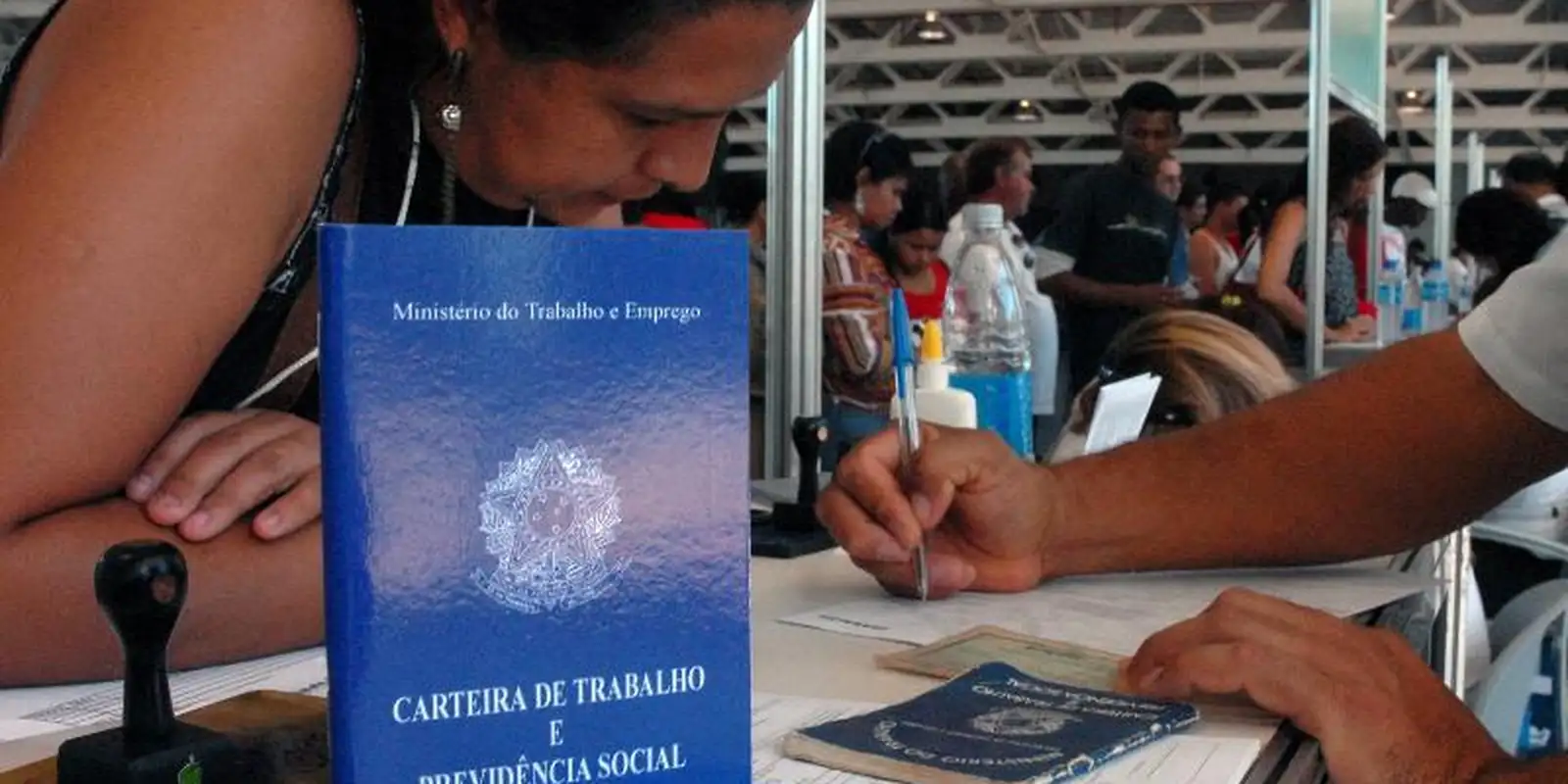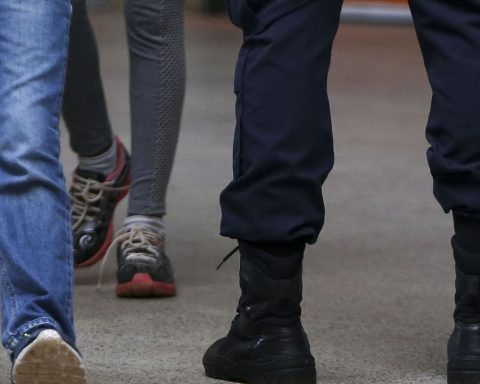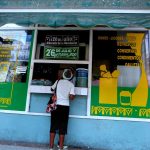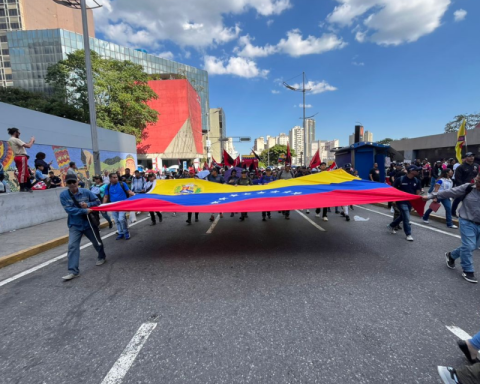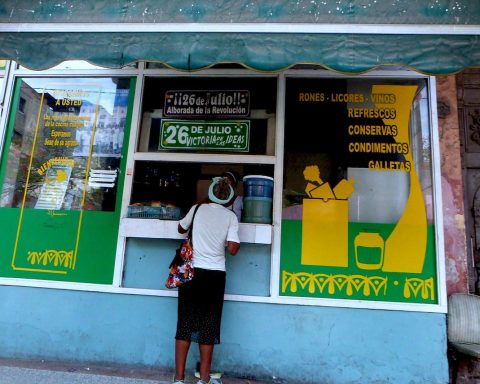The Inter-Union Department of Statistics and Socioeconomic Studies (Dieese) released, in the context of National Black Consciousness Day, celebrated yesterday (20), a study on several indicators that indicate that, despite advances, racial income inequality persists in Brazil.
The first is that the average income of black people is 40% lower than that of non-black people. But the survey also showed that black people with higher education earn up to 32% less than other workers with the same level of education – the entity highlights that, even with the adoption of the Quota Law, the situation has changed little.
Another significant fact is the income of R$899 thousand less for black workers compared to non-black workers, throughout the entire period of their working lives. In the case of those with higher education, the value reaches R$1.1 million.
When it comes to leadership positions, one in every 48 black men is in leadership or command positions. Among non-blacks, the proportion is one to 18 professionals. In the highest-paying professions, black people make up just 27% of the total, with 70% of workers in lower-paying occupations.
Black women
The Dieese survey shows that one in six black women works as a domestic worker. The average income of unregistered professionals is R$461 lower than the minimum wage.
This is the case of Zilma Fontes, 48, from Pernambuco, who works in São Paulo and has already been hired by the CLT regime as a maid and nanny. In both cases, he earned more than in his current job as a day laborer. “In addition to earning less as a day laborer, it is a very unstable job. With the benefits of a formal contract, if the boss doesn’t ask you not to go to work, you won’t be left without pay,” he said.
According to the technical supervisor of the Dieese office in Bahia, Ana Georgina Dias, despite some advances and, mainly, with the adoption of reparatory policies, such as the Quota Law, “there is still a very long way to go towards reducing of inequalities.”
Ana Georgina highlighted that the Dieese study – of which she was one of the coordinators – draws attention to the “permanence of black workers in a condition of inequality over the years, especially in the case of women”. She said that, although we have seen important advances , including in the private sector, and motivated by black movements, “there is a very large gap, which still takes a long time for inequalities to actually decrease”.
Dieese’s survey is important, since 57% of the Brazilian population is made up of black people, according to the Brazilian Institute of Geography and Statistics (IBGE). The largest portion of employed workers (55%) in the job market are also those declared black or mixed race.
The main data analyzed by Dieese were obtained from the Brazilian Institute of Geography and Statistics (IBGE), in the Pesquisa Nacional por Amostra de Domicílios Continua (PNAD Contínua) survey, and are available in the De Olho Nas Negociações bulletin, from October this year.
